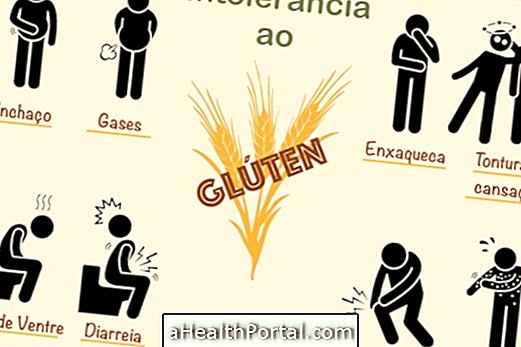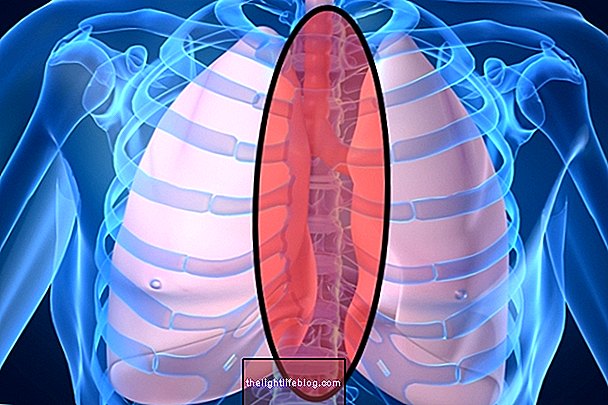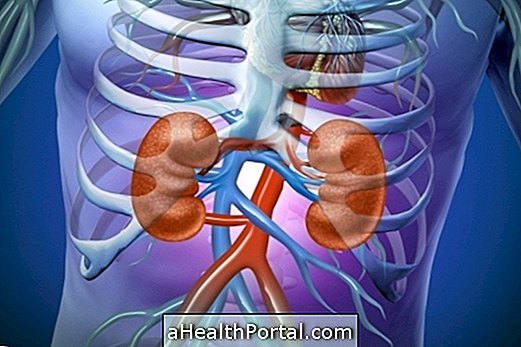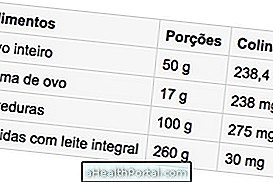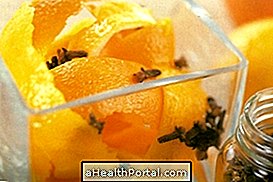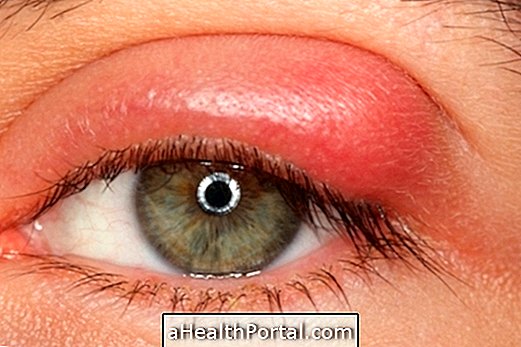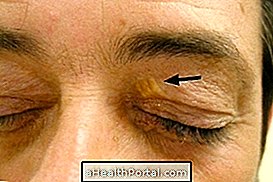Olive oil is made from olives and is one of the main components of the Mediterranean diet, as it is rich in monounsaturated fats, vitamin E and antioxidants, and when consumed in small quantities during the day it guarantees several health benefits. This oil is normally used to season salads and to finish dishes.
According to the way it is obtained, olive oil can have different degrees of acidity, the healthiest being olive oil that has an acidity of up to 0.8%, known as extra virgin olive oil. This type of oil is obtained only from the cold press of the olives, without going through any other additional process and, for this reason, it contains a greater amount of good fats and nutritional properties, having more health benefits. Learn more about the types of olive oil.

Main benefits
The daily consumption of olive oil could bring several health benefits due to the fact that it is rich in vitamin E, oleic acid, phenolic compounds and monounsaturated fats, in addition to having a substance known as oleocantal, which guarantees anti-inflammatory and anti-inflammatory properties. antioxidants in olive oil.
Thus, some of the main health benefits of olive oil are:
- Helps control cholesterol levels by decreasing the amount of circulating LDL, also known as bad cholesterol;
- Prevents the development of heart disease, as it helps to control cholesterol levels and, thus, prevents clogging of the arteries due to the presence of fatty plaques;
- Protects the heart against free radical damage, as it has antioxidant properties;
- Helps to reduce inflammation in the body, due to the presence of vitamin E and anti-inflammatory substances in its composition;
- Prevents premature aging, as it fights free radicals that may be related to cell aging;
- It decreases the risk of cancer and chronic inflammatory diseases, since it is rich in anti-inflammatory substances.
Extra virgin olive oil is the type of oil that has the greatest amount of health benefits, since its properties and nutrients are maintained during the process of obtaining it. However, virgin olive oil also has the same amount of vitamins and minerals, despite going through two cold pressing processes, and therefore also has several health benefits and less acidity. Discover other health benefits of olive oil.
It is important to keep in mind that to have the benefits provided by olive oil, it is essential that the person has a healthy and balanced diet and gives preference to the use of olive oil as a salad dressing or dish finisher, because, depending on the type of oil, when heated, it can lose its properties and, consequently, not have so many health benefits.
How to use
Olive oil is a type of fat that should be consumed, preferably every day, and it is recommended that the daily amount is about 15 mL, which corresponds to a tablespoon.
This oil should be consumed, preferably, raw as salad dressing, to finish the dishes or as a substitute for butter or margarine in the preparation of bread, for example. In addition, olive oil can also be mixed with some aromatic herbs such as thyme or garlic, for example, to increase its properties and add flavor to foods.
This oil should not be used for cooking, as overheating can alter its properties and decrease the amount of antioxidants and the quality of monounsaturated fats. Thus, for cooking, healthier oils with a greater amount of saturated fat, such as coconut oil, for example, should be preferred.
Find out in the video below which is the best cooking oil:

Was this information helpful?
Yes No
Your opinion is important! Write here how we can improve our text:
Any questions? Click here to be answered.
Email in which you want to receive a reply:
Check the confirmation email we sent you.
Your name:
Reason for visit:
--- Choose your reason --- DiseaseLive betterHelp another personGain knowledge
Are you a health professional?
NoMedicalPharmaceuticalsNurseNutritionistBiomedicalPhysiotherapistBeauticianOther
Bibliography
- OLIVEIRA Luis, OLIVEIRA Adelson et al. Variation in olive oil quality in olive cultivars. Bragantia. 71. 2; 202-209, 2012
- MACHADO Larissa, VIZENCI Roziani et al. ANALYSIS OF THE ACIDITY AND ACIDITY INDEX IN OLEIC ACID IN THREE PRODUCTS BASED ON OLIVE OIL COMMERCIALIZED IN BRAZIL: TWO EXTRA VIRGIN OLIVE OILS AND A MIXED OIL. Annals - 5th FSG Research and Extension Congress. 5. 5; 55-57, 2017
- MINISTRY OF AGRICULTURE, FISHERIES AND FORESTS. Know better what to eat: Olive oil. Available in: . Accessed on 23 Nov 2020
- GARCIA ALVES, Ana Catarina. Analytical techniques for olive oil quality control. Internship Project, Polytechnic Institute of Tomar.
- RODRIGUES Marina, ROCHA Marta et al. Olive Oil and Health. Nutritional. 15. 14-18, 2012



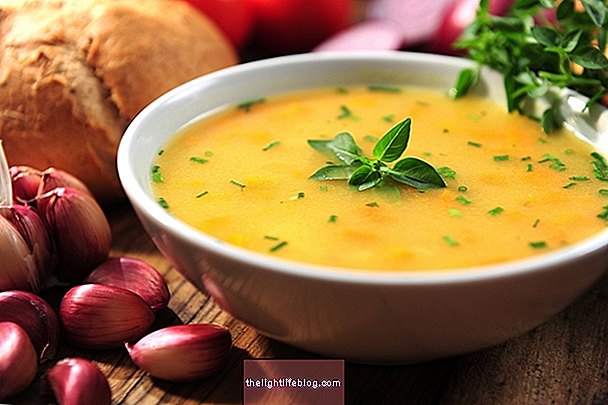

.jpg)

